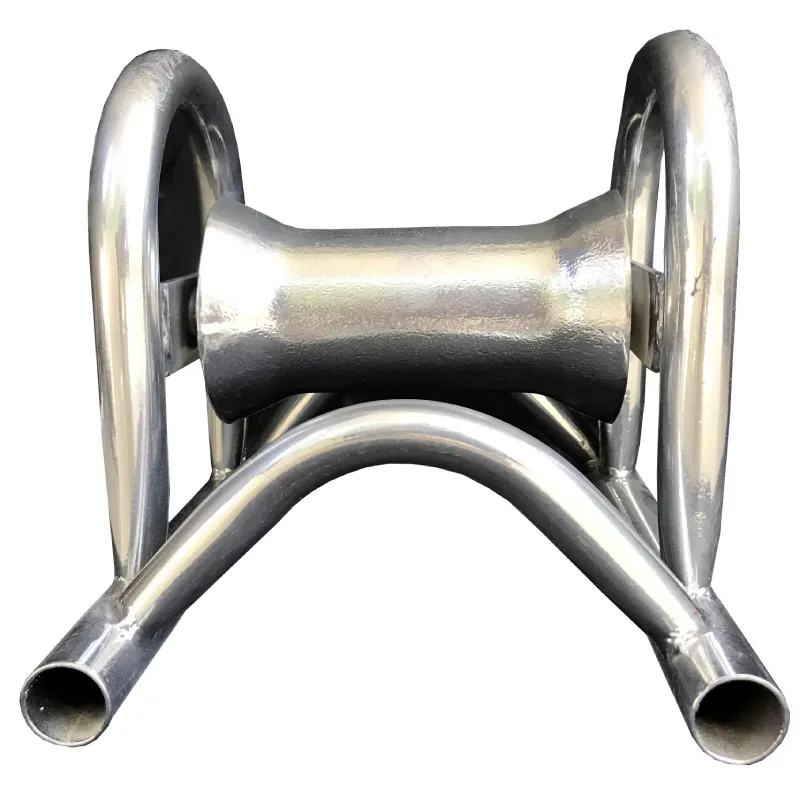
-
 Afrikaans
Afrikaans -
 Albanian
Albanian -
 Amharic
Amharic -
 Arabic
Arabic -
 Armenian
Armenian -
 Azerbaijani
Azerbaijani -
 Basque
Basque -
 Belarusian
Belarusian -
 Bengali
Bengali -
 Bosnian
Bosnian -
 Bulgarian
Bulgarian -
 Catalan
Catalan -
 Cebuano
Cebuano -
 Corsican
Corsican -
 Croatian
Croatian -
 Czech
Czech -
 Danish
Danish -
 Dutch
Dutch -
 English
English -
 Esperanto
Esperanto -
 Estonian
Estonian -
 Finnish
Finnish -
 French
French -
 Frisian
Frisian -
 Galician
Galician -
 Georgian
Georgian -
 German
German -
 Greek
Greek -
 Gujarati
Gujarati -
 Haitian Creole
Haitian Creole -
 hausa
hausa -
 hawaiian
hawaiian -
 Hebrew
Hebrew -
 Hindi
Hindi -
 Miao
Miao -
 Hungarian
Hungarian -
 Icelandic
Icelandic -
 igbo
igbo -
 Indonesian
Indonesian -
 irish
irish -
 Italian
Italian -
 Japanese
Japanese -
 Javanese
Javanese -
 Kannada
Kannada -
 kazakh
kazakh -
 Khmer
Khmer -
 Rwandese
Rwandese -
 Korean
Korean -
 Kurdish
Kurdish -
 Kyrgyz
Kyrgyz -
 Lao
Lao -
 Latin
Latin -
 Latvian
Latvian -
 Lithuanian
Lithuanian -
 Luxembourgish
Luxembourgish -
 Macedonian
Macedonian -
 Malgashi
Malgashi -
 Malay
Malay -
 Malayalam
Malayalam -
 Maltese
Maltese -
 Maori
Maori -
 Marathi
Marathi -
 Mongolian
Mongolian -
 Myanmar
Myanmar -
 Nepali
Nepali -
 Norwegian
Norwegian -
 Norwegian
Norwegian -
 Occitan
Occitan -
 Pashto
Pashto -
 Persian
Persian -
 Polish
Polish -
 Portuguese
Portuguese -
 Punjabi
Punjabi -
 Romanian
Romanian -
 Russian
Russian -
 Samoan
Samoan -
 Scottish Gaelic
Scottish Gaelic -
 Serbian
Serbian -
 Sesotho
Sesotho -
 Shona
Shona -
 Sindhi
Sindhi -
 Sinhala
Sinhala -
 Slovak
Slovak -
 Slovenian
Slovenian -
 Somali
Somali -
 Spanish
Spanish -
 Sundanese
Sundanese -
 Swahili
Swahili -
 Swedish
Swedish -
 Tagalog
Tagalog -
 Tajik
Tajik -
 Tamil
Tamil -
 Tatar
Tatar -
 Telugu
Telugu -
 Thai
Thai -
 Turkish
Turkish -
 Turkmen
Turkmen -
 Ukrainian
Ukrainian -
 Urdu
Urdu -
 Uighur
Uighur -
 Uzbek
Uzbek -
 Vietnamese
Vietnamese -
 Welsh
Welsh -
 Bantu
Bantu -
 Yiddish
Yiddish -
 Yoruba
Yoruba -
 Zulu
Zulu


Jul . 27, 2024 11:02 Back to list
Durable and Lightweight Fiberglass Fence Poles for Enhanced Outdoor Security and Aesthetic Appeal
The Benefits of Fiberglass Fence Poles
In the world of fencing solutions, fiberglass fence poles have emerged as a popular choice for both residential and commercial applications. Known for their durability, lightweight nature, and resistance to various environmental factors, fiberglass poles offer numerous advantages over traditional materials such as wood, metal, or concrete. This article will explore the key benefits of fiberglass fence poles and why they are becoming the go-to option for many property owners.
One of the most significant advantages of fiberglass fence poles is their durability. Unlike wooden poles that can rot, splinter, or warp over time, fiberglass is resistant to moisture and does not suffer from pest infestations. This inherent resistance means that fiberglass poles can maintain their structural integrity for years, even in harsh weather conditions. Additionally, they do not rust or corrode like metal poles, making them ideal for coastal areas where saltwater can accelerate deterioration.
Another notable feature of fiberglass is its lightweight nature. Fiberglass fence poles are considerably lighter than their metal or concrete counterparts, which makes installation much easier and less labor-intensive. This is particularly advantageous for DIY enthusiasts or smaller fencing projects, as it allows for quicker handling and installation. The reduced weight does not compromise strength; in fact, fiberglass poles are engineered to withstand significant tension and pressure, ensuring long-term stability.
Fiberglass poles also offer exceptional aesthetic appeal. They are available in various shapes, sizes, and colors, allowing property owners to choose options that best fit their design preferences. While wood and metal fences often require regular painting or staining to preserve their appearance, fiberglass requires minimal maintenance. A simple wash with soap and water is usually sufficient to keep the poles looking clean and vibrant.
fiberglass fence poles

Additionally, fiberglass fence poles are environmentally friendly. Many manufacturers produce fiberglass products using recycled materials and sustainable practices. Unlike traditional wooden fences that can contribute to deforestation, fiberglass does not deplete natural resources in the same way. By choosing fiberglass, property owners can make a more sustainable choice without sacrificing durability or functionality.
Fire resistance is another critical benefit of fiberglass fence poles. Unlike wooden poles, which can be vulnerable to fire and may not meet specific fire codes, fiberglass is inherently non-combustible. This makes fiberglass fencing a safer option in areas prone to wildfires or in settings such as farms and ranches where fire safety is a concern.
Cost-effectiveness is also an often-overlooked advantage of fiberglass fence poles. Although the initial investment might be higher compared to wooden alternatives, the long-term savings are significant. Given their longevity and low maintenance requirements, property owners can save money on repairs, replacements, and upkeep. Over time, the cost of owning fiberglass poles can be lower than that of traditional fencing materials.
In conclusion, fiberglass fence poles offer a range of advantages that make them an appealing choice for various fencing needs. Their durability, lightweight nature, aesthetic versatility, environmental friendliness, fire resistance, and long-term cost savings combine to create a superior fencing solution. As property owners increasingly seek materials that are not only functional but also sustainable and visually pleasing, fiberglass fence poles are likely to continue rising in popularity. Whether for residential, agricultural, or commercial use, fiberglass provides a modern solution that stands the test of time.
Latest news
The Unique Design of Cable Socks
NewsJun.04,2025
Swivel Connectors in Industrial Automation
NewsJun.04,2025
Safety Features of Link Sticks
NewsJun.04,2025
How to choose the best cable pulling winch for sale
NewsJun.04,2025
Fish tape safety precautions
NewsJun.04,2025
Essential Maintenance Tips for Cable Pulling Tools
NewsJun.04,2025











